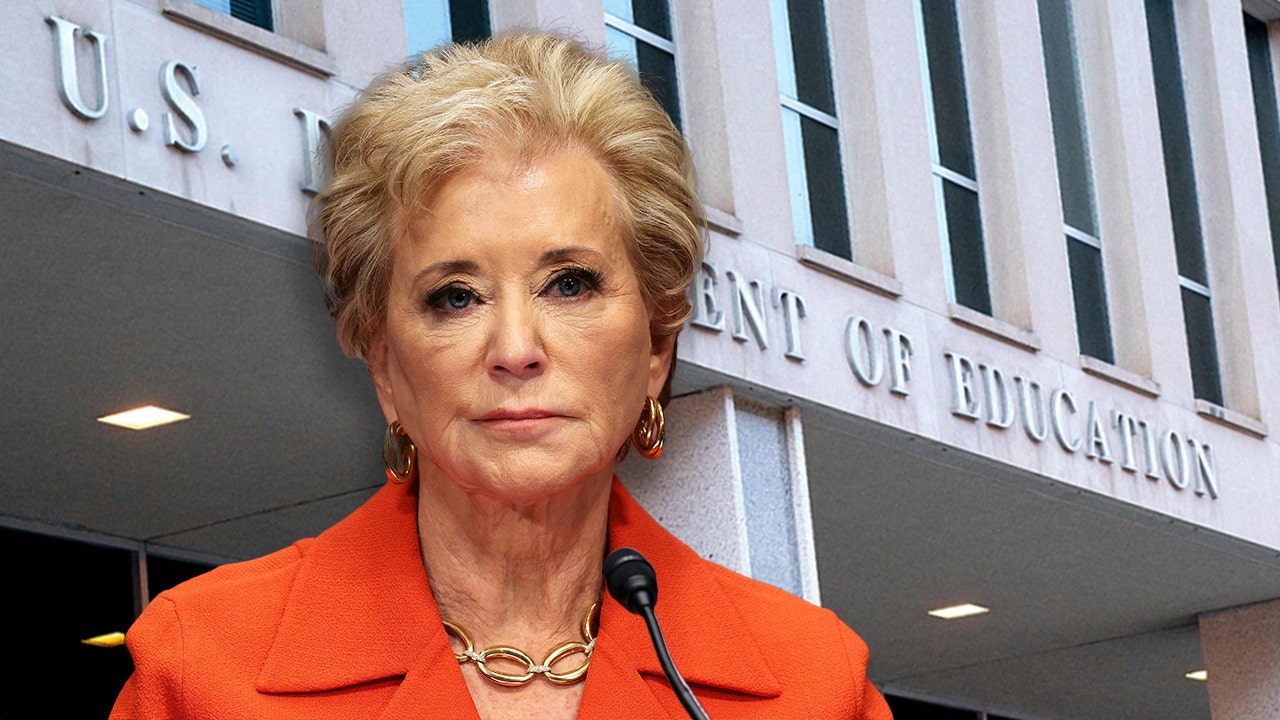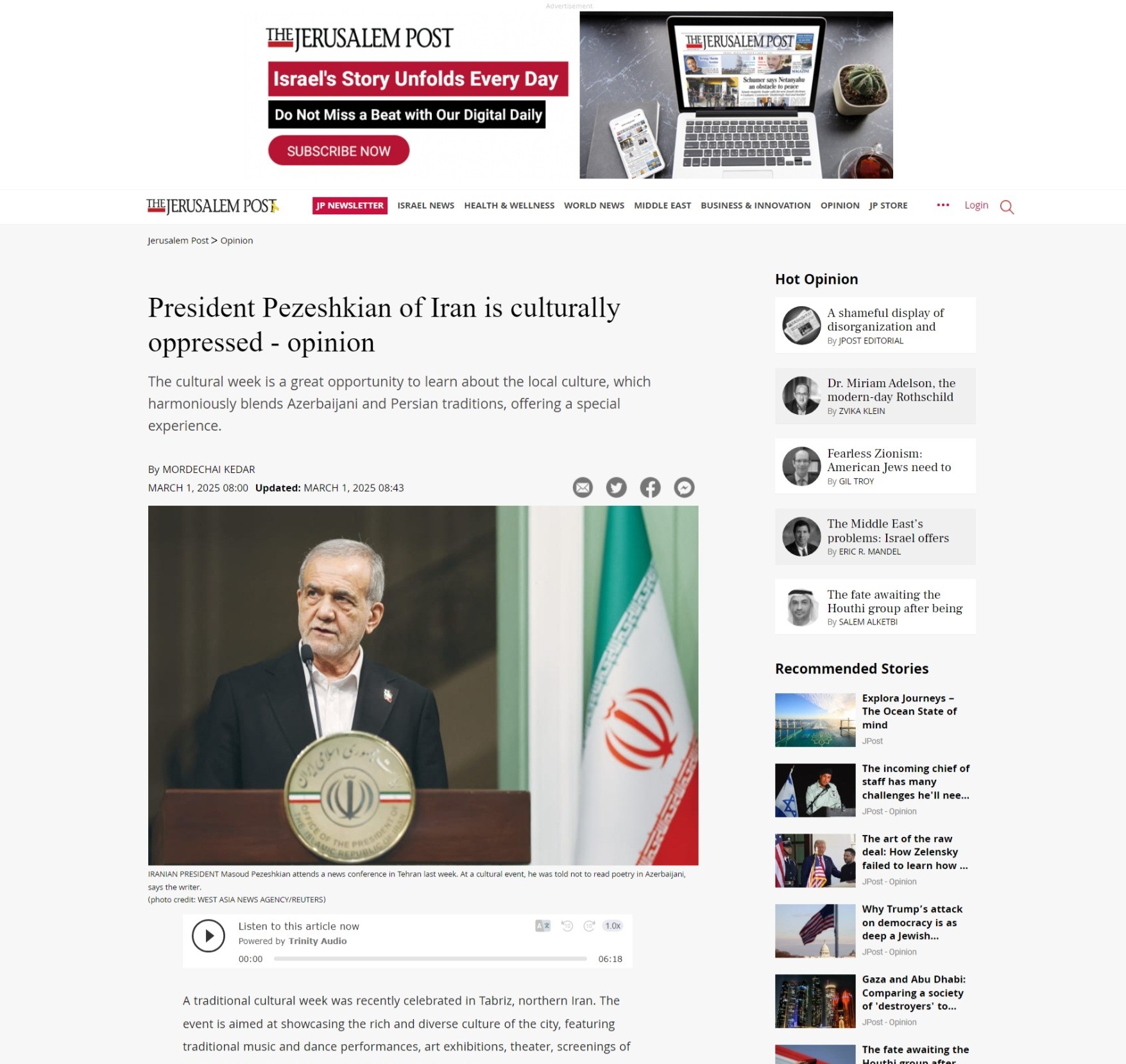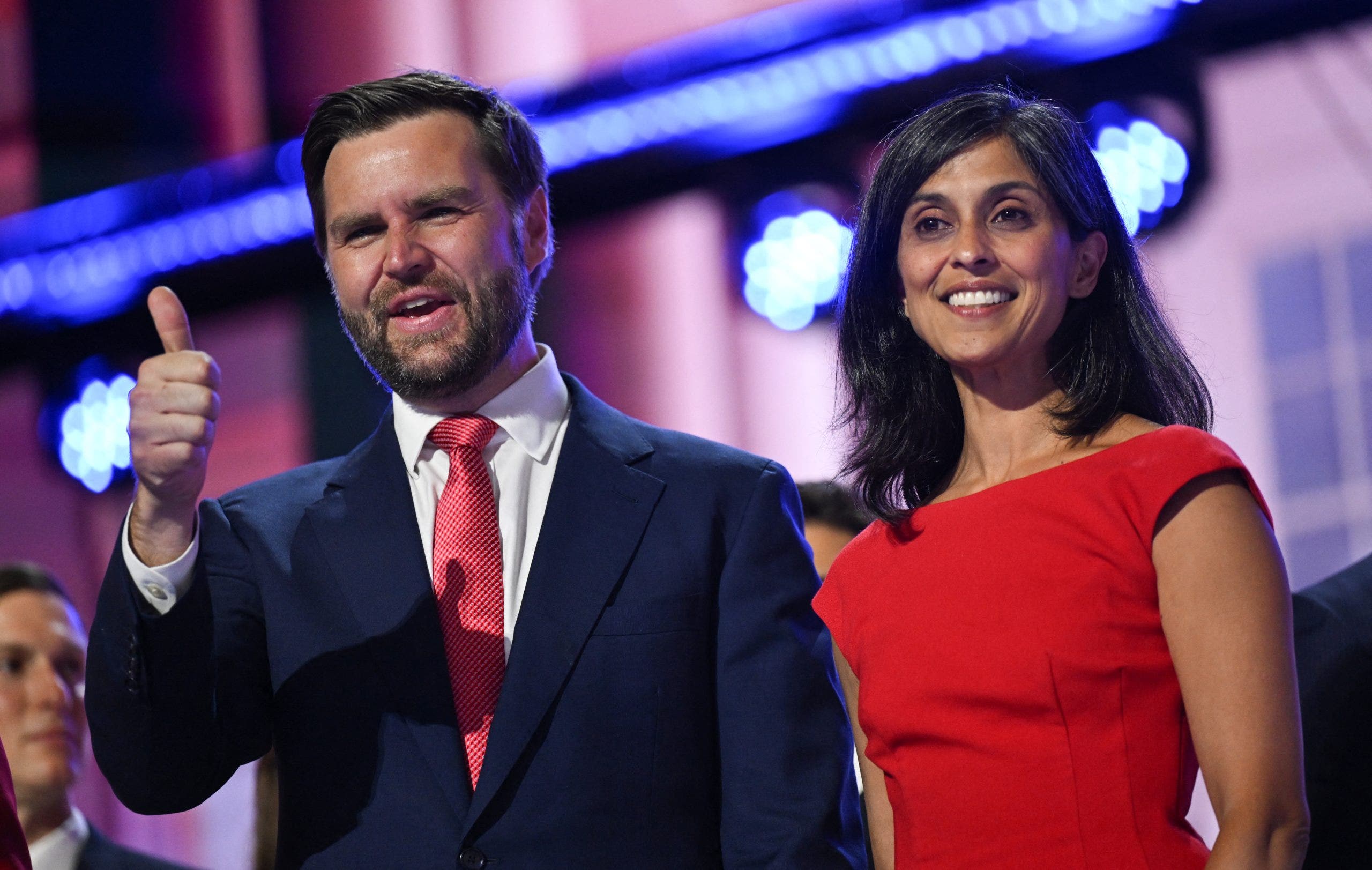The German government has slashed the government budget for digitisation to three million, down from €377m last year.
The coalition initially had pledged to “make life easier for citizens” and bring hundreds of government services online as part of the Online Access Act.
“We are advancing comprehensive digitisation of the administration,” the coalition agreement stated a year and a half ago.
But this project is now threatened by a financial shortfall after the finance ministry proposed to cut the budget for 2024 down to less than one percent of its former size.
The impact of the cut is already evident in some states. In the northern state of Schleswig-Holstein, a finished project that would allow online applications for housing benefits for two million households has been put on hold because the new budget means federal funding for implementing it will end at the end of the year.
The budgets for digital identification and digitising the country’s 375 central and decentralised registers have also been reduced to €40m and €70m, respectively, down from €60m and €83m.
The cuts are part of a broad-based push by the German Ministry of Finance to bring government expenditure down to within Germany’s constitutional debt brake, which restricts the federal government deficit to 0.35 percent.
“We need to learn to get by with the revenues that the citizens provide us with,” said the finance minister Christian Lindner of the business-friendly Free Democratic Party when presenting the budget in July.
But in a potential embarrassment, the cost-saving push is now threatening one of the tentpole issues of his own party, the Free Democratic Party (FDP).
According to the “Digital Economy and Society Index” (Desi), a benchmark for digital administration, Germany ranked significantly below the EU average at 19th place, making it less attractive to businesses.
“Everything that costs growth dynamics through bureaucracy must be avoided,” the finance minister Christian Lindner said last week.
But critics noted slashing subsidies for digitisation may undermine innovation.
“The funny thing is that the German finance minister always claims he wants to reduce bureaucratic excesses to unleash economic growth, and then he cuts the budget for the digitalisation of administrative processes by a couple of hundred million,” tweeted Philipp Heimberger, who is an economist at the Vienna Institute for International Economic Studies.
“We will not accept a standstill in digitisation,” FDP rapporteur for the federal budget Thorsten Lieb said this week in an effort to save face, and blamed the German chancellor Olaf Scholz’ Social Democrats for the cuts, whose minister for the Interior is responsible for the digital roll-out.
Budget negotiations will continue until the end of December 2023 when the final budget will be presented.




















Discussion about this post